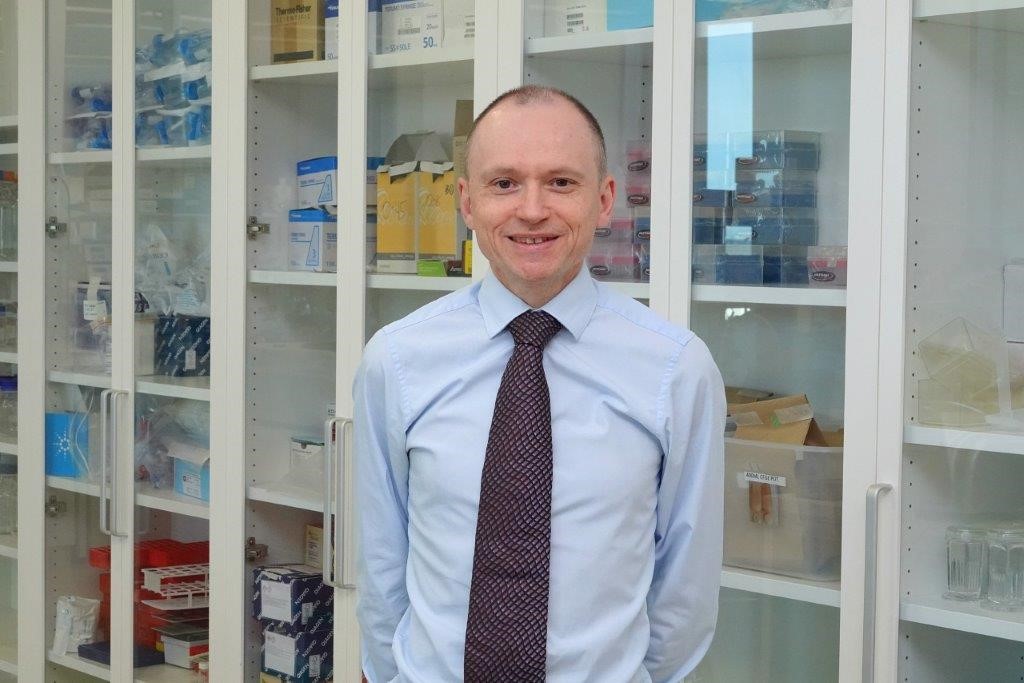A major global health survey has revealed important gaps between what patients with Polycythaemia Vera (PV) experience and what their doctors think is happening. These differences could affect how well the disease is managed and how patients feel about their care.
What is Polycythaemia Vera?
Polycythaemia Vera is a rare blood cancer in which the body makes too many red blood cells. This causes the blood to thicken and increases the risk of blood clotting complications like deep vein thrombosis, heart attacks, and strokes. People with PV may suffer from a range of symptoms including fatigue, itching, night sweats, trouble sleeping, and discomfort caused by an enlarged spleen. Although there’s no cure, treatment can help manage symptoms and reduce the risk of complications.
What did the study look at?
The Landmark 2.0 survey included over 270 people with PV and more than 130 doctors from 11 countries. Both groups answered questions about how the disease is assessed, how symptoms are managed, and what they hope to achieve with treatment.
Key findings: where patients and doctors disagree
One of the most important results was the difference in how often symptoms and emotional well-being were discussed:
- Symptom assessments: 83% of doctors said they regularly checked in on symptoms, but only 68% of patients said this actually happened.
- Emotional health: Just 36% of doctors reported routinely asking about emotional well-being, and only 34% of patients recalled being asked. Some doctors believed these checks weren’t necessary or they didn’t have enough time.
- Heart health monitoring: 64% of doctors said they performed basic cardiovascular (heart) checks, but only 55% of patients remembered having them. This is a concern because people with PV have a higher risk of heart problems.
The survey also showed differences in what each group considered important:
- Treatment goals: Most doctors focused on managing blood levels and preventing complications like blood clots. Patients, however, were more concerned with slowing the disease’s progression and improving how they feel every day.
- Symptom awareness: Patients often reported symptoms like bruising, inactivity, trouble sleeping, and depression, but doctors were less likely to recognise these as common issues.
Even the discussions about treatment didn’t always align:
- 90% of doctors said they talked about treatment goals with their patients.
- But only 65% of patients said the same, and this gap was wider in those who had been in treatment longer.
What does this mean for patient care?
These differences matter. When symptoms are overlooked or emotional health isn’t addressed, patients may not get the full support they need. If doctors and patients aren’t on the same page about treatment goals, it can lead to frustration and less effective care.
How can things improve?
The study suggests a few simple but powerful changes:
- More open communication: Doctors and patients should take time to talk honestly about symptoms, feelings, and expectations.
- Better symptom tracking: Patients can keep a symptom diary to share with their doctor, helping guide treatment choices.
- Regular emotional check-ins: Mental health is just as important as physical health and should be part of routine care.
- Clearer education: Doctors should explain why certain tests or treatments are recommended, and patients should feel encouraged to ask questions.

Associate Professor David M Ross MBBS, PhD, FRACP, FRCPA, Consultant Haematologist, SA Pathology Head, Haematology Clinical Trials Units, RAH and FMC Clinical Director, South Australian Cancer Research Biobank Royal Adelaide Hospital
The takeaway
Polycythaemia vera is a complex disease that affects more than just blood levels, it affects quality of life, emotions, and daily functioning. This study shows that when patients and doctors don’t fully understand each other, care can fall short. By working together and focusing on open communication, both sides can improve outcomes and make living with PV a little easier.
Current treatments for PV do not always live up to patients’ expectations, highlighting the need for more research and clinical trials to develop better treatments in the future.
If you or someone you know is living with PV, don’t be afraid to speak up at appointments. Share how you’re feeling, physically and emotionally, and ask about your treatment plan.
Your experiences matter, and your voice can help shape your care.
To read the full paper, please visit here >



